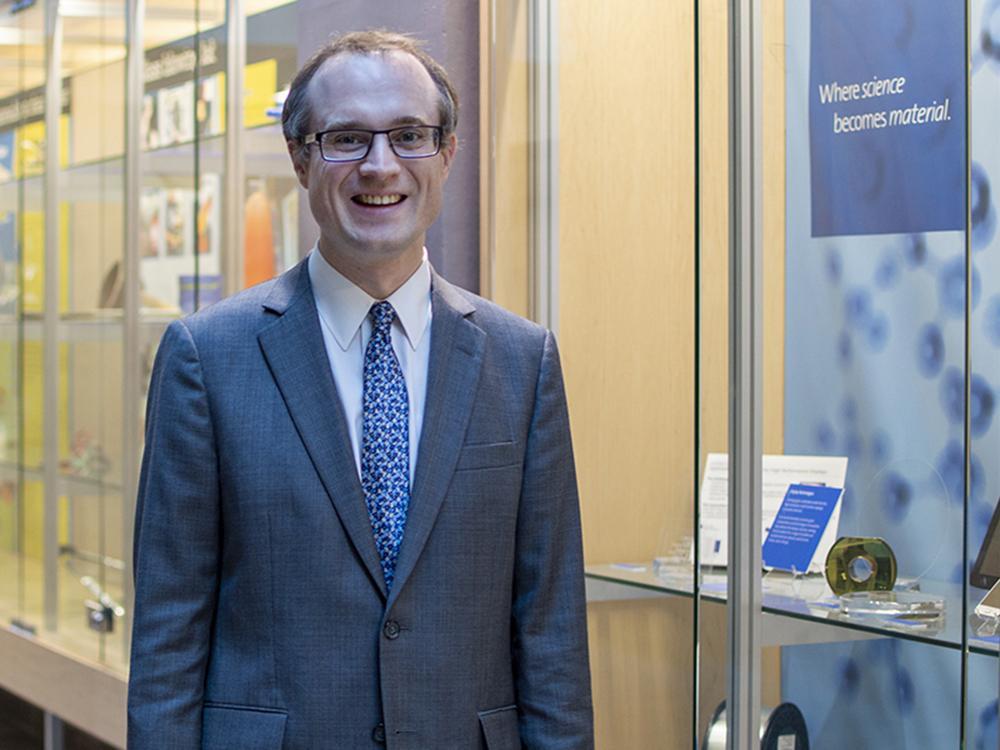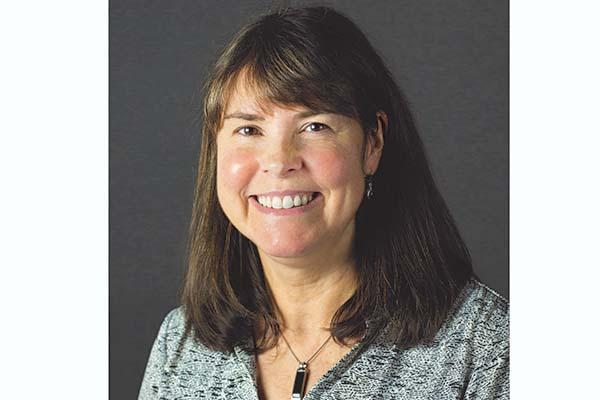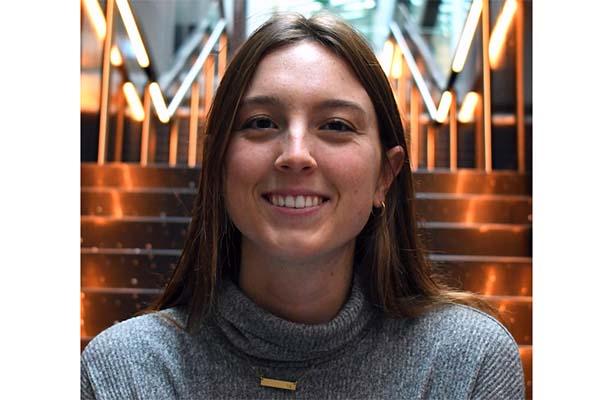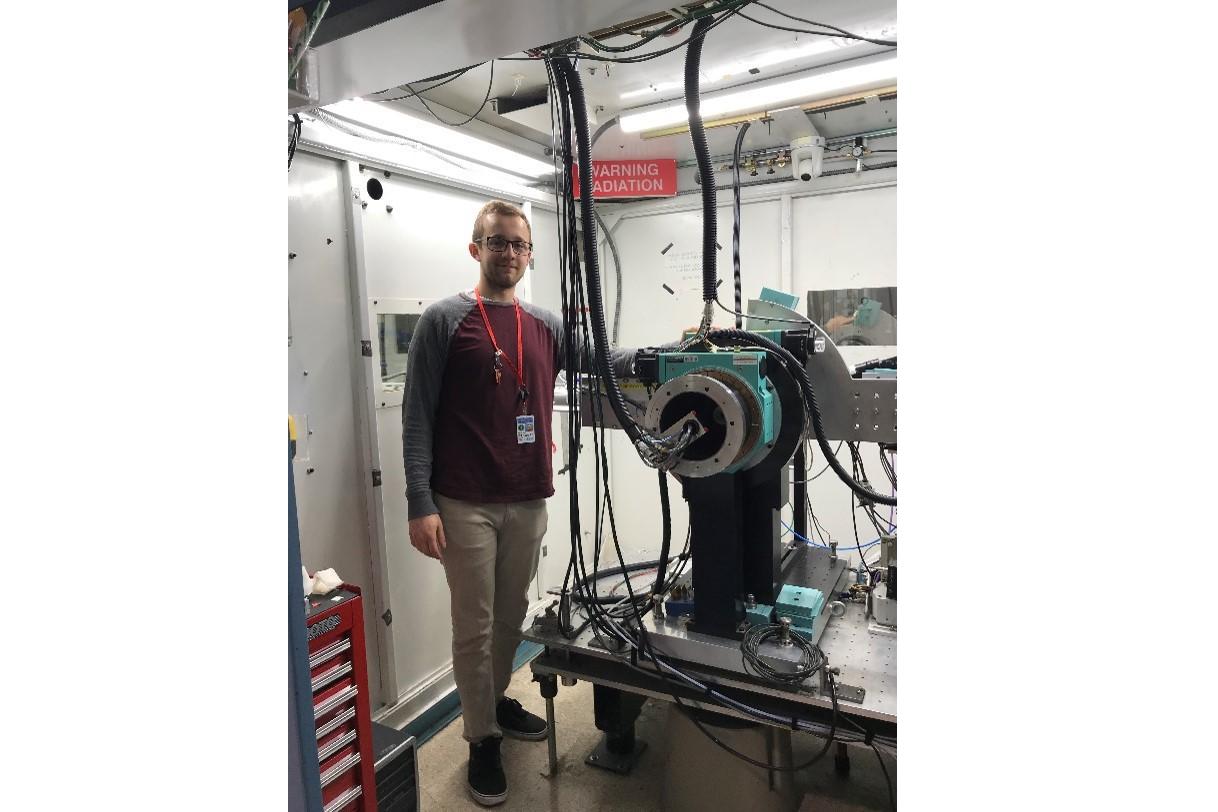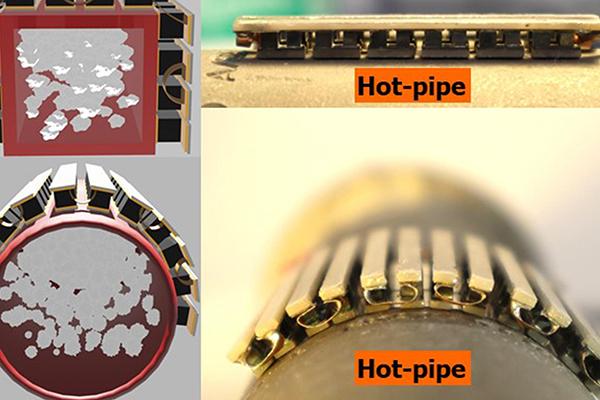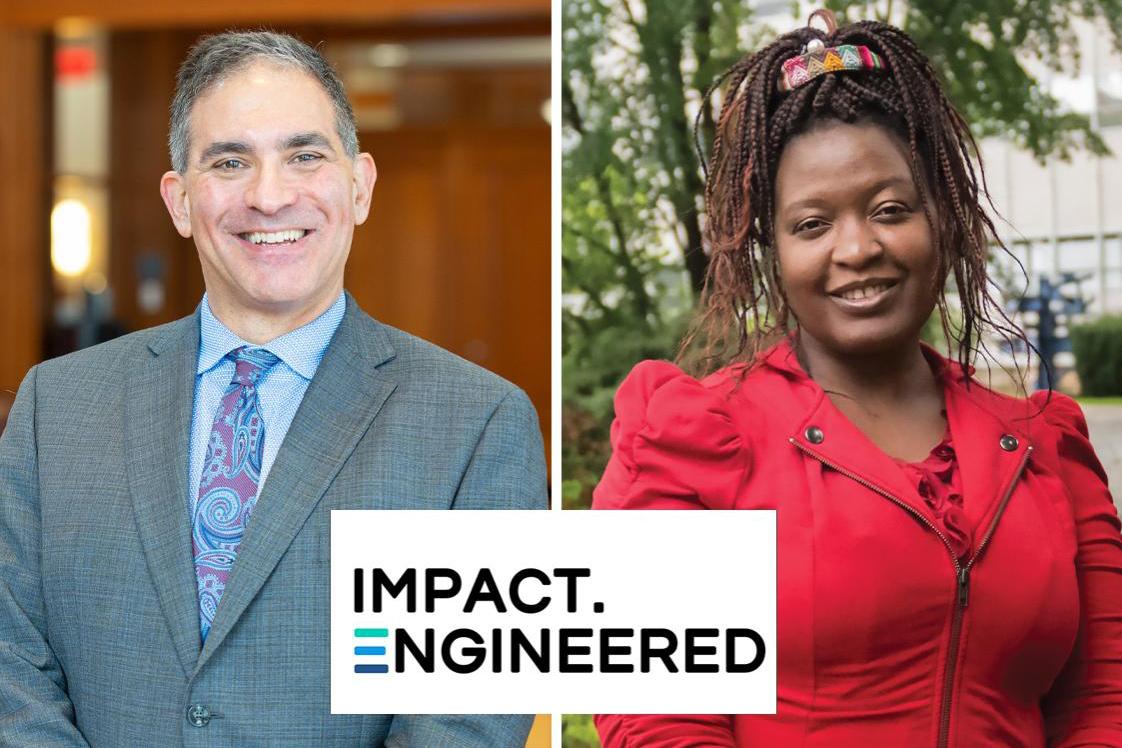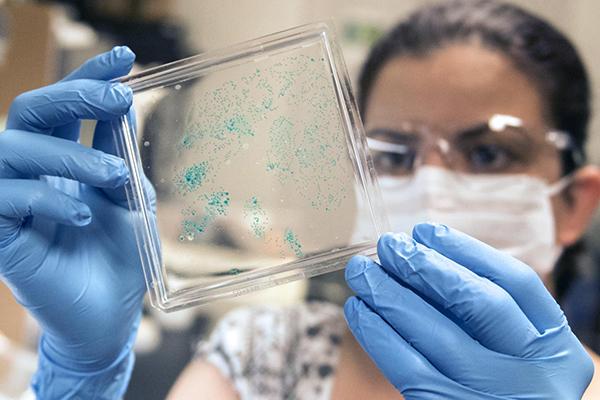John Mauro, professor of materials science and engineering at Penn State, has been named a member of the National Academy of Engineering (NAE). He was selected for “developing and applying data-driven models and machine learning that enable high-strength, damage-resistant glasses," according to the NAE.
Penn State's Office of the Vice Provost for Faculty Affairs has named 21 distinguished professors for 2022. Joan Redwing, professor of materials science and engineering, was named distinguished professor.
The National Academy of Engineering (NAE) has elected 111 new members and 22 international members, announced NAE President John L. Anderson today. This brings the total U.S. membership to 2,388 and the number of international members to 310.
John C. Mauro, professor, Department of Materials Science and Engineering, Penn State, was elected for developing and applying data-driven models and machine learning that enable high-strength, damage-resistant glasses.
Penn State recently announced its four nominees for the 2022 Goldwater Scholarship, a highly competitive national award given to undergraduates in the fields of natural science, engineering and mathematics who are interested in a career in research. One of the nominees is Lindsay Jones, a junior Schreyer Scholar majoring in materials science and engineering.
Researchers looking to extend their science communication skills beyond traditional journalism have an opportunity to learn about new ways to interact with larger and more diverse audiences. Dope Labs Science Communication Week at Penn State aims to introduce researchers to the broader science communication community and teach them to use social media, storytelling and a web presence to network with other scientists and engage with broad audiences. The four-day remote event will take place Feb. 7-10.
Penn State graduate student Ryan Fair is currently participating in the U.S. Department of Energy’s (DOE) Office of Science Graduate Student Research (SCGSR) program at the Lawrence Berkeley National Laboratory in Berkeley, California. Fair is one of 65 graduate students representing 29 states in this year’s program.
The energy systems that power our lives also produce wasted heat — like heat that radiates off hot water pipes in buildings and exhaust pipes on vehicles. A new flexible thermoelectric generator can wrap around pipes and other hot surfaces and convert wasted heat into electricity more efficiently than previously possible, according to scientists at Penn State and the National Renewable Energy Laboratory.
Compared to their traditional battery counterparts, solid-state batteries have higher energy potential and are safer, making them key to advancing electric vehicle development and use. Penn State researchers have proposed an improved method of solid-state battery production that enables multi-material integration for better batteries — cold sintering.
On behalf of the Penn State College of Engineering, Justin Schwartz, the Harold and Inge Marcus Dean in the College of Engineering, and Esther Adhiambo Obonyo, associate professor of engineering design and architectural engineering and director of the Global Building Network, received the Academic Ally award from the American Society of Mechanical Engineers (ASME) on Dec. 2, 2021. In 2020, Sun Hwi Bang, materials science and engineering doctoral candidate, and Julio Diarte, architecture doctoral student, developed design and material concepts for resilient low-income housing in Kenya and Tanzania.
Penn State’s research enterprise ranks 22nd in the country in total research expenditures, according to the latest National Science Foundation rankings of Higher Education Research and Development (HERD) research expenditures, released in January 2022.


